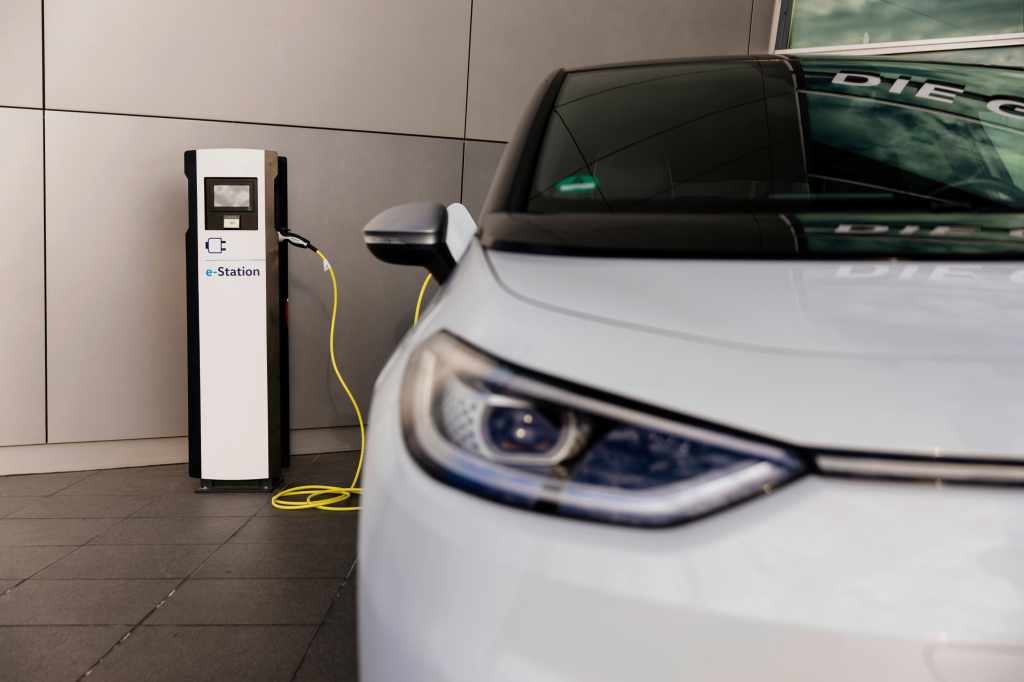the year 2020 will be one of the most historic for manufacturers due to its definitive embrace of electric mobility. But the pandemic disrupted many plans by delaying some models’ arrival or temporarily freezing others’ production. Amid the biggest crisis in the sector and the world seen in decades, sales of electric cars have finally skyrocketed in the second half, allowing those who have opted for them to partially compensate for the collapse in sales of diesel and diesel models gasoline.
An example is Volkswagen. The Wolfsburg automaker has seen its electric cars’ sales and plug-in hybrids triple in 2020 compared to the previous year. Something that has had a lot to do with the arrival of the ID.3, and that even though its deliveries did not begin until September.
The German giant sold a total of 212,000 electric and plug-in cars in 2020, of which 134,000 were pure electric (BEV), and 78,000 were plug-in hybrids (PHEV). Figures that we can compare with the 45,117 BEV and 37,053 PHEV sold the previous year. Something that indicates that the growth for electric models (BEV) has reached 197%.
“The year 2020 was a turning point for Volkswagen and marked a breakthrough in electric mobility,” said Ralf Brandstätter, CEO of the Volkswagen brand. He said the brand is well on its way to becoming the market leader in battery-electric cars.
More positive data is the share of sales of electric vehicles within the total deliveries of Volkswagen. With 5.3 million units sold worldwide, electric and plug-ins accounted for slightly less than 4%.
For Volkswagen, the turning point has been the arrival of the ID.3. This has quickly become the most popular model, with 56,500 units, and that in less than three months. It has been followed by the e-Golf, with 41,300 units, and the Passat GTE with 24,000 units.

